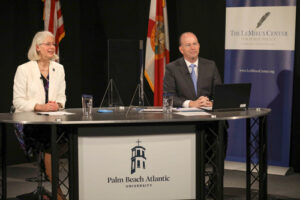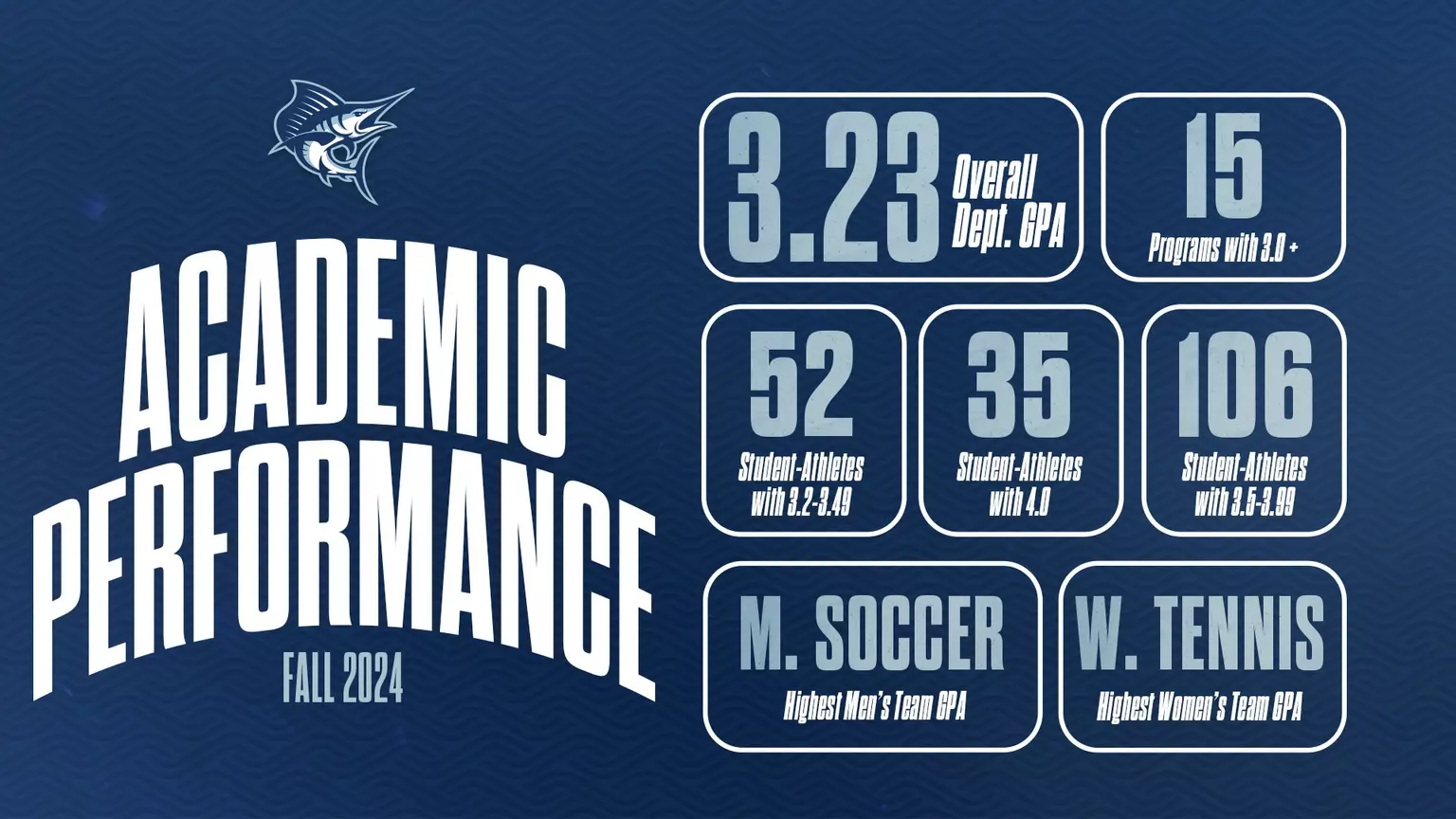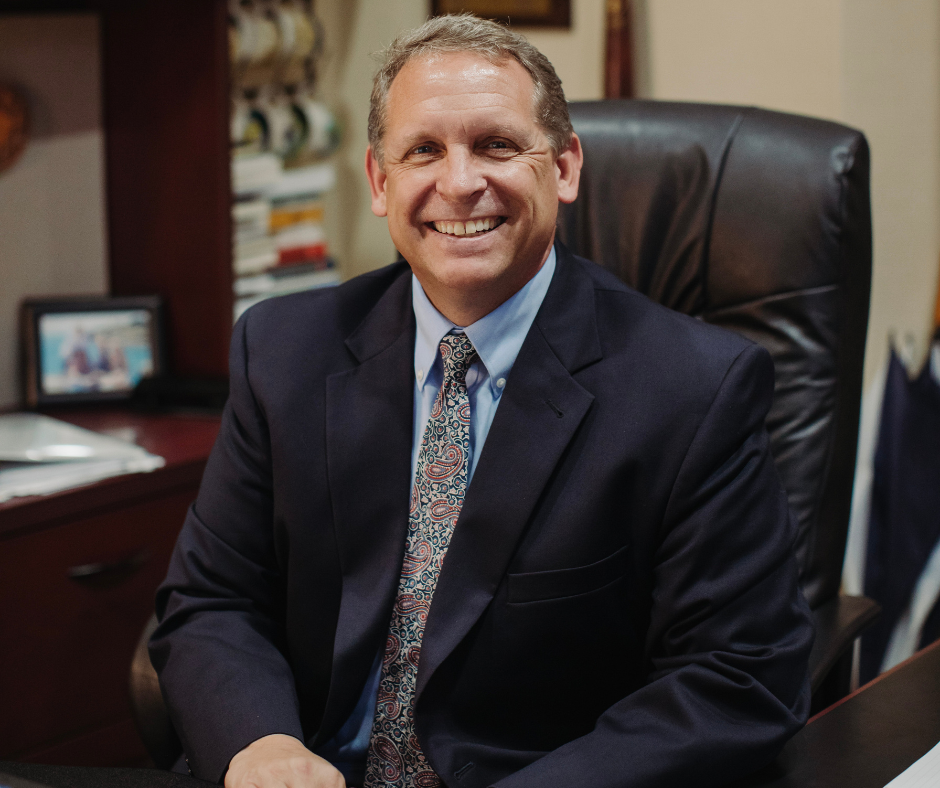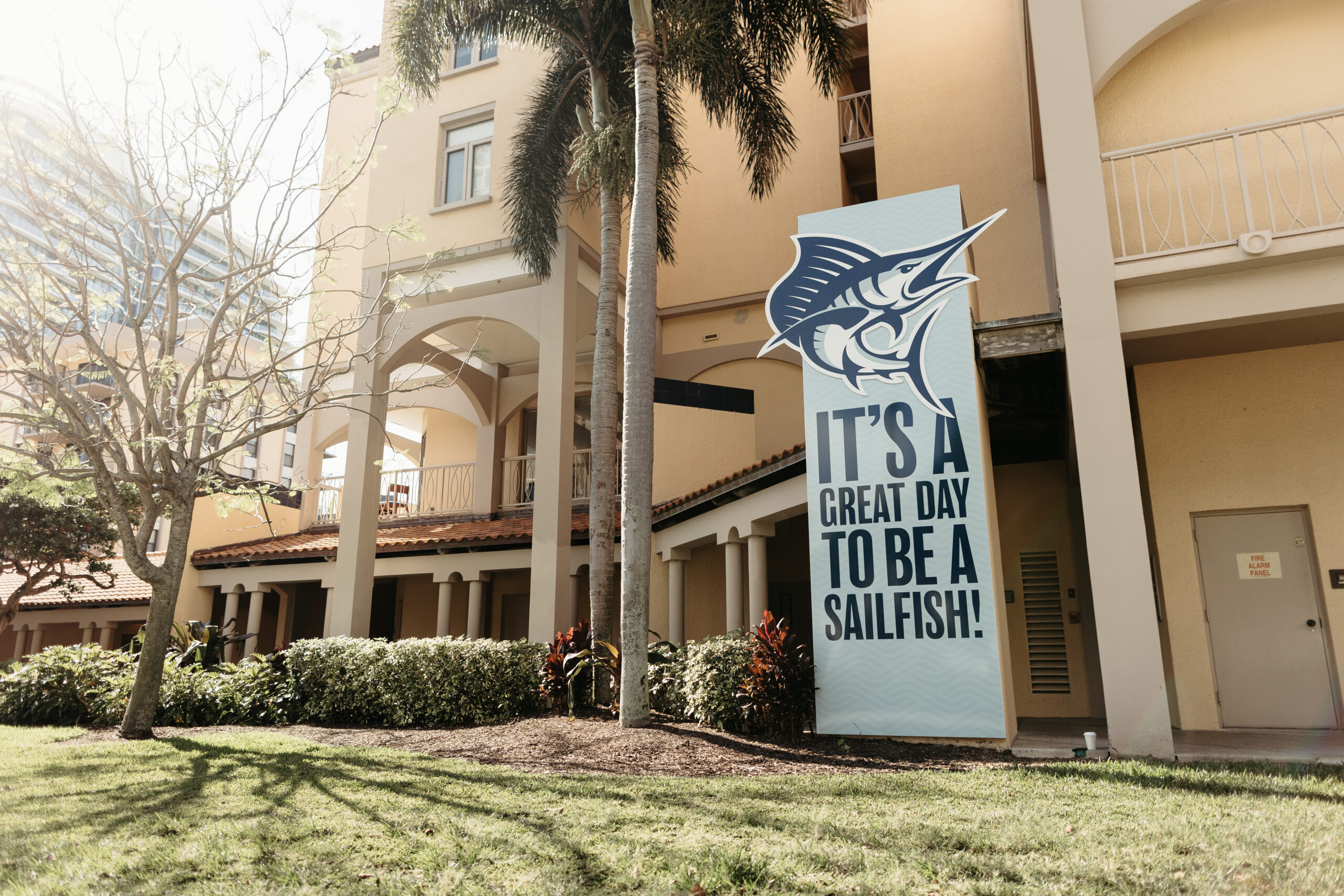 International relations expert James Stavridis predicts the United States will emerge from the COVID-19 pandemic “diminished geo-politically” and broadly challenged by China, but he paints a picture of hope if Americans “work together and pull together.”
International relations expert James Stavridis predicts the United States will emerge from the COVID-19 pandemic “diminished geo-politically” and broadly challenged by China, but he paints a picture of hope if Americans “work together and pull together.”
Skyping from his home in northern Florida, the retired, four-star admiral spoke Dec. 9 at a virtual LeMieux Center for Public Policy event with Palm Beach Atlantic University President Dr. Debra A. Schwinn and former U.S. Sen. George LeMieux.
LeMieux introduced Stavridis with this unique distinction: “There are few people in this world who’ve been vetted by both Hillary Clinton and Donald Trump.”
“It’s true,” responded Stavridis. “I was vetted for vice president by Hillary Clinton. I was actually offered a cabinet post by Donald Trump’s administration. I think of that, by the way, as two bullets whizzing by my head.”
Stavridis had been NATO’s 16th Supreme Allied commander and 15th commander of the U.S. European Command. He spoke on the topic “Geopolitics in a Time of Global Crisis.”
“We are not going to have a global meltdown” as a result of the pandemic, said Stavridis. “But there will be winners and losers geo-politically.” He predicted China will emerge stronger from this pandemic, “principally because they have managed to control the virus very effectively.”
The U.S. will come out diminished, “principally because of how badly we have mishandled the virus,” he said. He lamented that political gridlock “has created this idea that somehow wearing a mask or not is a political statement.” Showing a photo of his granddaughter, he said, “She knows to put on her Minnie Mouse mask when she goes out. And she’s 4 years old. We can do this, if we do it together.”
Stavridis predicted China will continue “to take a very challenging path with the U.S.” He expects those challenges to include an expanded Chinese military, conflict in cyberspace, trade disagreements, advances in the global 5G network and Chinese construction of artificial islands in the South China Sea, complete with air strips and missiles.
“You will see China use these tools aggressively,” he said. “China will continue to expand and grow and execute their global strategy as they come out of the pandemic stronger geo-politically.”
 In response, he said, the U.S. must develop “a real strategy” to resolve conflicts with China. “We should confront where we must, but cooperate where we can.” Otherwise, he said, “I fear we may stumble into a war with China about 15 to 20 years from now. We must avoid that.”
In response, he said, the U.S. must develop “a real strategy” to resolve conflicts with China. “We should confront where we must, but cooperate where we can.” Otherwise, he said, “I fear we may stumble into a war with China about 15 to 20 years from now. We must avoid that.”
Stavridis expressed optimism about how the incoming Joe Biden administration will tackle the China challenges. Biden is assembling “quite a remarkable cabinet,” a very experienced, collegial team, he said. “I think they will be surprisingly innovative.”
Though Stavridis disagrees with some of the policies he expects the Biden team to promote, he looks for the administration to lead with the values of democracy, liberty, freedom of speech, freedom of the press, gender equality and racial equality.
“Look,” said Stavridis, “we execute these values imperfectly, but they are the right values.”
President Schwinn asked Stavridis where hope for the future “can bloom the most. Where can we point the next generation?”
The retired admiral responded with three ways for the U.S. to “regain our footing”:
— Enhance the culture of service. “There are many ways to serve this country.”
— Promote and use education more.
— As voters, support candidates “who are willing to reach across the aisle.”
Taking those steps won’t be easy, he said, but with that approach, “I think our future is quite bright.”
Photo 1: International relations expert James Stavridis joins former U.S. Sen. George S. LeMieux and University President Dr. Debra A. Schwinn via Skype for a LeMieux Center for Public Policy event.
Photo 2: University President Dr. Debra A. Schwinn and former U.S. Sen. George S. LeMieux interview international relations expert James Stavridis for a LeMieux Center for Public Policy event.
A


